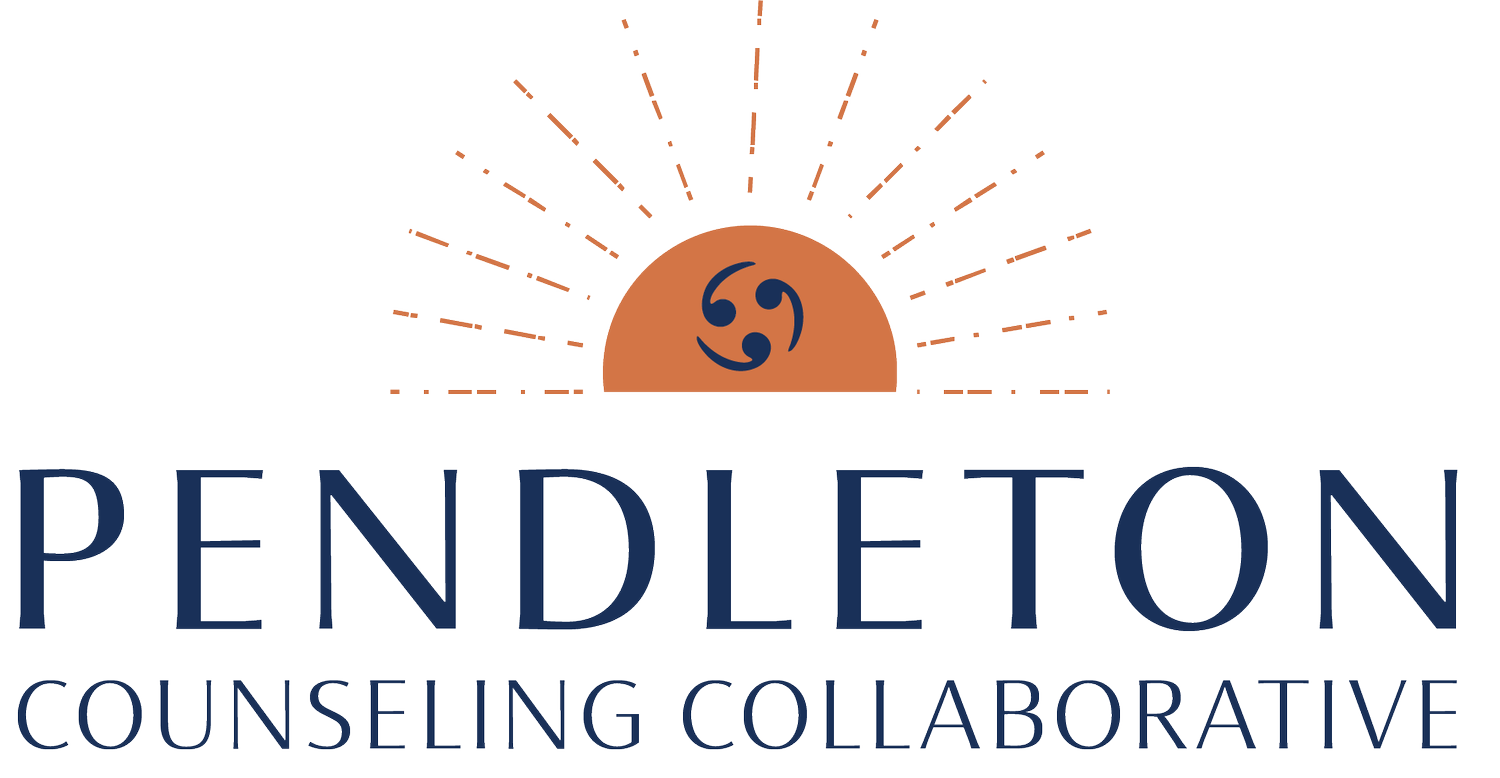World Mental Health Day
Mental health awareness and the importance of providing accessible and quality care to all individuals has been on the rise for the past few decades, with many organizations and communities recognizing the need for change. October 10th is World Mental Health Day, a day dedicated to educating, raising awareness, and advocating for the universal human right to mental health and mental health services. Unlike May, which is the US’s Mental Health Month or Mental Illness Awareness Week (first week of October), October 10th is an international celebration that seeks to dismantle the social stigma of mental health on a global scale.
The History of World Mental Health Day
World Mental Health Day was first established in 1992 as an initiative by the World Federation for Mental Health, but is observed by the World Health Organization (WHO) as well. For the first 2 years of the initiative, there was no specific theme to the day other than promoting mental health and educating the public, but it quickly evolved and was rolled out with its first theme in 1994, “Improving the Quality of Mental Health Services throughout the World.”
The theme changes every year, 2023’s theme is, “Mental Health is a Universal Human Right.”
Past themes have included:
“Mental Health and Work” (2000/2001)
“Mental Health in a Changing World: the Impact of Culture and Diversity” (2007)
“Mental Health and Older Adults” (2013)
“Young People and Mental Health in a Changing World) (2018)
“Mental Health in an Unequal World” (2021)
The Importance of Raising Awareness
Educating the public on the importance of mental health, which is just as important to a healthy lifestyle and our overall well-being as physical or financial health is, is the first step to removing the stigma that comes along with taking care of your mental health. One in five adults in the US currently live with a mental illness, and one in five youths aged 13-18 currently or at some point in their life have also had a seriously debilitating mental illness, according to the CDC.
That’s a lot of people that experience the effects of mental illness, but only 47.2% of adults received treatment in 2021 and 50.6% of youths aged 6-17 received treatment in 2016, according to the National Alliance on Mental Illness. Over 164 million people live in a Designated Mental Health Professional Shortage Area, and World Mental Health Day seeks to bring this deficit to light. Without the proper tools, some people might not know that their mental health can improve.
Mental Health as a Human Right
This year’s theme revolves around the fact that mental health is a basic human right for everyone. The World Health Organization states,
“Everyone, whoever and wherever they are, has a right to the highest attainable standard of mental health. This includes the right to be protected from mental health risks, the right to available, accessible, acceptable, and good quality care, and the right to liberty, independence, and inclusion in the community.”
With a stigma on mental health and mental illness introducing undue discrimination and prejudice on institutional levels, the mental health community strives for equality for all. World Mental Health Day allows our community to mobilize efforts that support mental health organizations and brings the topic to the global stage.
Join the Mental Health Conversation in Louisville, KY
In Louisville, you can participate in a World Mental Health Day event at the Frazier History Museum, who has partnered with LPM and Tales from the Jukebox. This event is free and open to the public with light refreshments. Doors open at 5:30pm, and the program begins at 6pm.
At this event, three storytellers will share their unique experiences about how one song has had an impact on their mental health, and then Louisville local artist, Genevva will be performing the songs live. This year’s storytellers and their songs are:
Steven Michael Carr (“Be My Escape” by Relient K)
Sally Evans (“Iris” by Goo Goo Dolls)
Marylee Camp (“What’s Love Got do Do with It” by Tina Turner)
You can learn more about the event and RSVP on the Frazier Museum’s website here.
Counseling is Within Reach
Your unique mental health situation calls for a unique counseling experience, which is why it is critical that a variety of therapists and counselors with different specialties be available for communities. Not only do different specialties cater to the different needs in a more precise manner, but having multiple therapists in one place also ensures that people can find a therapist that works for them.
Dawn Pendleton is a therapist based out of Louisville, KY with in-person and telehealth available for those across Kentucky and Indiana. Her specialties and services include:
Individual Therapy
Family Therapy
Therapy for Adults and Teens over the age of 16
EMDR
Trauma Therapy
Therapy for LGBTQIA+ individuals
Sports & Performance Enhancement
PEAT
Contact Dawn today to start exploring ways to better understand and improve the state of your mental health. World Mental Health Day is used to promote awareness, accessibility, and the right to mental health, including yours. Schedule a free 15-minute consultation and discover what mental health care can do for you and your life today.
If you or someone you love is looking for a reliable, trustworthy counselor with specialties in the LGBTQIA+ community, sports and performance enhancement, and those affected by trauma, Dawn Pendleton of Pendleton Counseling Collaborative, EMDR-certified and Licensed Marriage and Family therapist, is currently accepting new clients. With over 20 years of experience working in both the public and private sectors of the mental health field, Dawn is licensed to provide in-person and telehealth services in both Kentucky and Indiana. Feel free to fill out an inquiry form with any additional questions, call (502) 377-1690, or visit her website to book an appointment.

